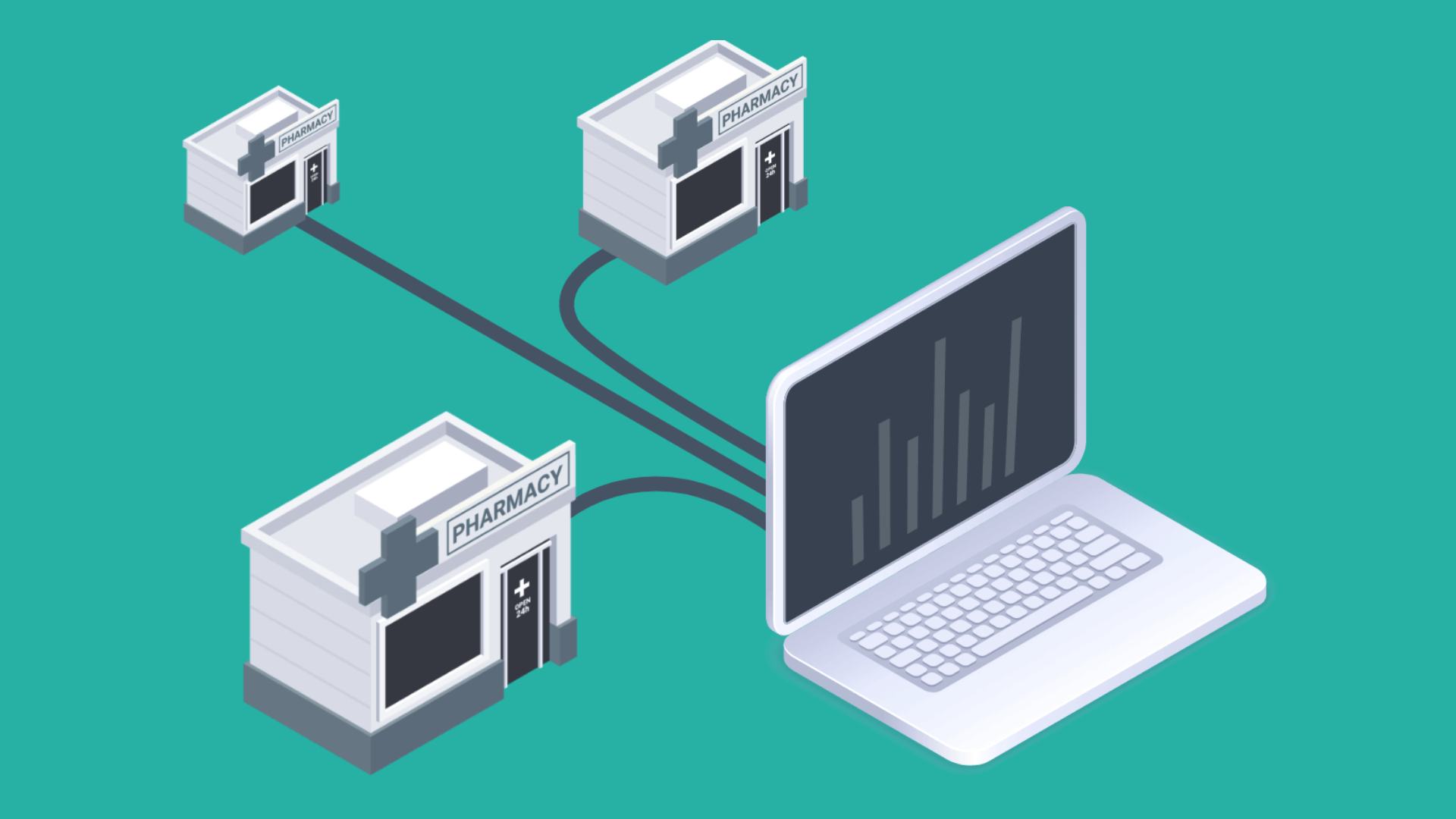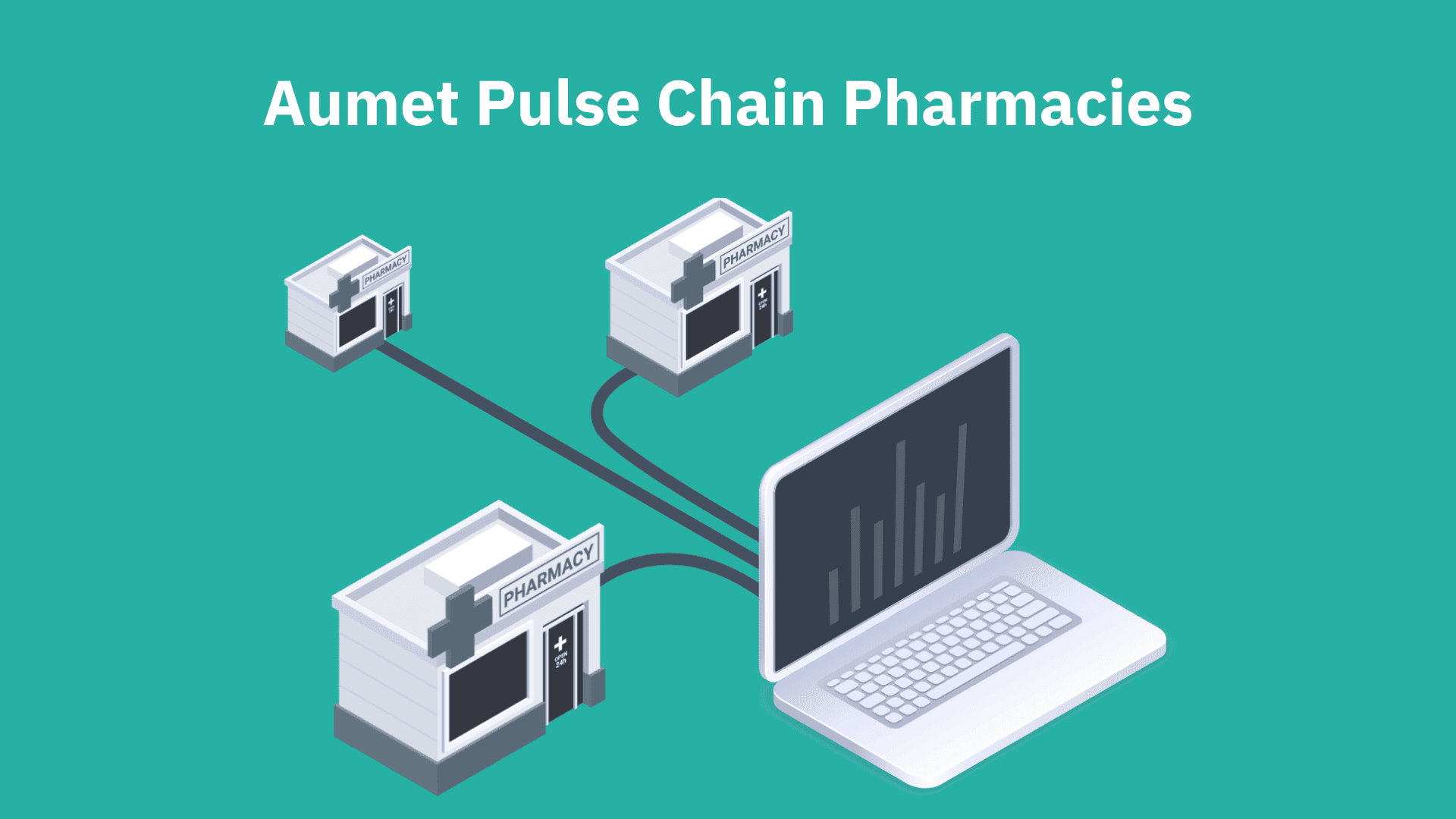Diabetes mellitus is a chronic disease that requires lifelong management and continuous education. With the widespread adoption of the internet and mobile technologies, digital platforms have emerged as vital tools for improving awareness, supporting behavioral change, and enhancing treatment outcomes for diabetic patients. This article explores how internet-based technologies are transforming the way patients and healthcare professionals approach diabetes care in the modern age.
From Brochures to Browsers: Digital Health Literacy and Diabetes Awareness
Historically, diabetes education relied heavily on brochures and one-on-one counseling. In contrast, today’s patients often begin their journey with a Google search, leading them to websites, blogs, and video platforms. Governmental initiatives, such as the CDC’s National Diabetes Prevention Program and the NHS Diabetes Prevention Programme, now use digital platforms to disseminate educational content. However, digital literacy is not universal. Older adults and populations in underserved areas may lack access or the skills needed to effectively navigate digital health information. Addressing these disparities is crucial to ensure equitable education and engagement in diabetes prevention and self-management.
Social Media and Community Support
Social media platforms have revolutionized peer support for individuals with diabetes. Through Facebook groups, Twitter threads, and dedicated hashtags like #T1Dlookslikeme, patients share experiences, daily challenges, and success stories. Influencers with diabetes act as role models, breaking stereotypes and advocating for better care. Social platforms also host real-time Q&As with endocrinologists and diabetes educators, enhancing the visibility of evidence-based practices. While these communities foster emotional support and awareness, moderation and guidance are needed to prevent the spread of non–evidence-based or misleading advice.
Telemedicine and Remote Diabetes Care
Telemedicine has evolved from a crisis-response tool during the COVID-19 pandemic into an essential component of chronic disease management. For diabetes care, virtual consultations enable regular follow-ups without the burden of travel, especially beneficial for rural or immobile patients. Technologies like remote glucometers, Bluetooth-enabled insulin pumps, and continuous glucose monitors (CGMs) allow clinicians to receive real-time data and adjust treatment protocols accordingly. These tools support proactive intervention, reduce complications, and improve glycemic control. Integration into electronic health records (EHRs) further streamlines communication and decision-making.
mHealth Apps: Empowering Self-Management
Mobile health (mHealth) applications are powerful tools for self-management, allowing users to track blood glucose levels, meals, physical activity, and medications in a structured manner. Apps like mySugr, Glucose Buddy, and BlueLoop offer visual analytics, goal-setting features, and gamified elements to enhance user engagement. Some advanced platforms use artificial intelligence to predict hypo- or hyperglycemia based on patterns, and others offer personalized coaching through chatbots or real-life certified diabetes educators. Studies indicate significant reductions in HbA1c among users who engage with these apps regularly. Still, concerns persist regarding app accuracy, regulation, and the protection of sensitive health data.
Risks and Ethical Considerations
The digital transformation of diabetes care brings risks alongside benefits. Not all digital content is scientifically validated, and the unregulated proliferation of health apps can confuse patients. Data security is another critical issue—users may unknowingly grant apps access to personal information, which may be sold to advertisers or used for non-medical purposes. Over-commercialization is evident, with some platforms aggressively marketing unproven supplements or devices. Additionally, algorithmic bias in digital tools may inadvertently exclude or misguide certain populations. It is essential for health professionals to evaluate digital tools carefully and guide patients toward evidence-based, ethical resources.
Conclusion
Internet technology is rapidly redefining the landscape of diabetes care. From educational outreach to real-time disease management, digital tools offer unprecedented opportunities to personalize care and extend its reach. However, ensuring equitable access, validating the quality of information, and safeguarding user data are key challenges. By integrating digital literacy into patient education and fostering interdisciplinary collaboration, healthcare providers can ensure that digital innovation translates into meaningful health outcomes for individuals living with diabetes.
References
- WHO. Digital Health Literacy: Key Concepts and Evidence, 2021.
- Norman CD, Skinner HA. eHealth Literacy: Essential Skills. J Med Internet Res. 2006.
- Medlock S et al. Social Media in Diabetes Self-Management. Diabet Med. 2020.
- Flodgren G et al. Interactive Telemedicine: Effects on Diabetes Outcomes. Cochrane Database, 2015.
- American Diabetes Association. Telehealth and Diabetes Care During COVID-19, 2020.
- Hou C et al. The Effectiveness of Mobile Health Apps on HbA1c Control: Meta-analysis. JMIR Mhealth Uhealth. 2018.
- Torous J et al. Digital Health App Evaluation Framework. Lancet Digit Health. 2020.
- Goyal S, Cafazzo JA. App Use in Diabetes Self-Management. Diabetes Care. 2016.









